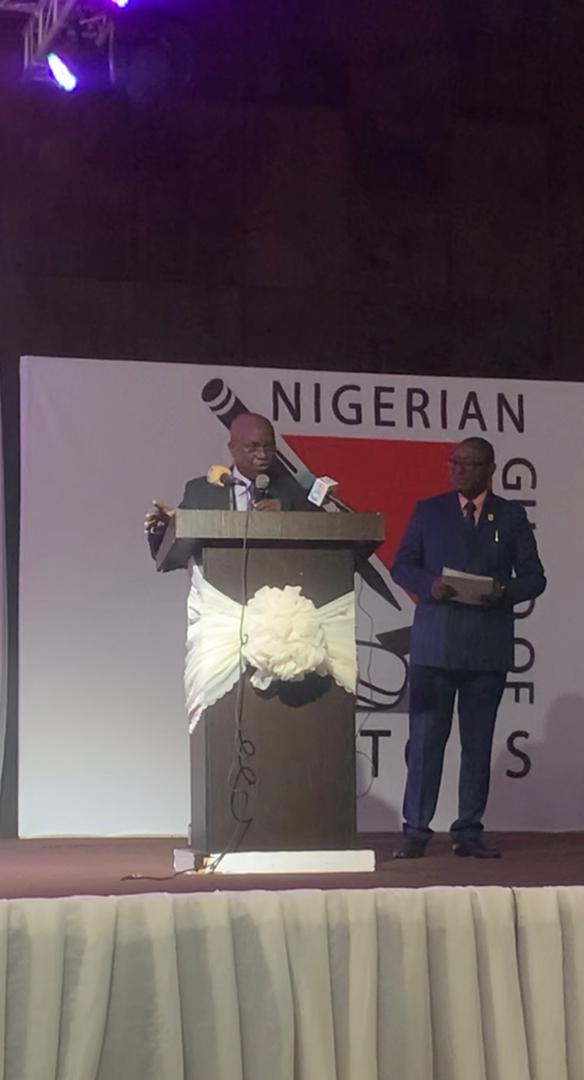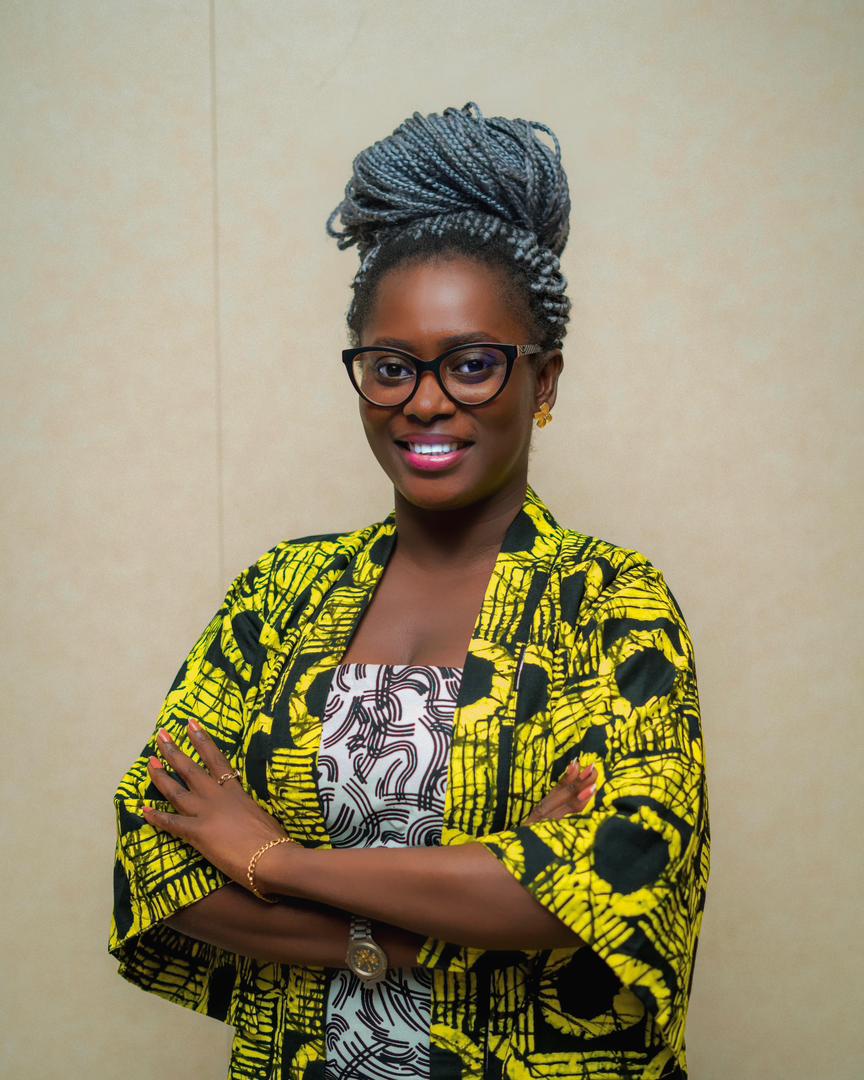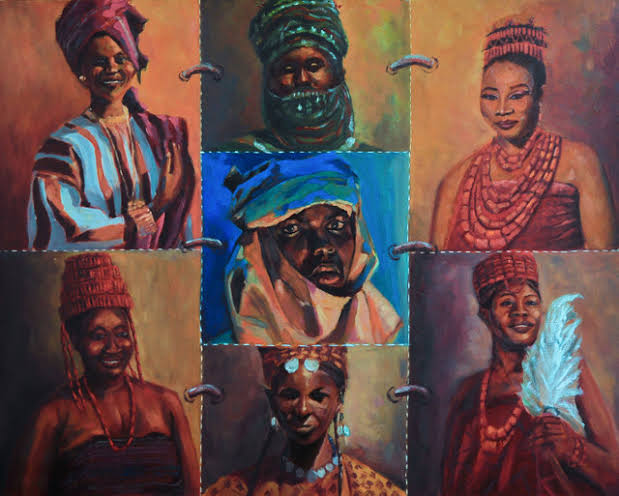At the 3rd Annual Memorial Lecture in honor of the late Chief Lateef Kayode Jakande, organized by the Nigerian Guild of Editors (NGE), Emeka Izeze, former Managing Director and Editor-in-Chief of The Guardian, noted that journalism in Nigeria is at a dangerous crossroads that needs urgent attention and recuse.
Delivering a brutally honest address based on the theme of the event “Journalism and the Challenges of Nation Building in a Multi-Ethnic Society,” Izeze didn’t mince words, he called out what he described as a growing culture of deference, timidity, and complicity among Nigerian journalists especially toward those in power.
Held at D’Podium event centre Lagos, the former editor-in-chief said: “We have become too respectful, some might say too fearful and more dangerously, too close to public office.
The Role Journalism Has Forgotten
In his view, the role of journalism has shifted dangerously so from its foundational responsibilities of questioning authority, informing the public, and protecting democratic ideals, to one of passive observation and political flattery.
His words: “Nobody elected us, but we are representatives of the public. We must ask the tough questions the public may never have the opportunity to ask.”
Citing the shifting responsibilities of the media in an age of increasing complexity technologically and politically he emphasized that journalists must interpret policies for the masses, act as checks on the powerful, and serve as translators of national intent in a way that keeps citizens both informed and empowered.
Yet, Izeze lamented, this is not the reality today. “When journalism fails in that regard, the mission fails. And when the mission fails, the nation falters.”
A Society Too Accommodating
Izeze criticized the habitual absence of governors at media-related events—like the very one he was addressing.
“Three governors were invited here. None of them showed up. I don’t accept that. We have become too accommodating of actors whose pedigrees we don’t even question. If you can’t come, tell us. Don’t send proxies.”
His words echoed the sentiment that journalism has not just become complacent, but complicit watching democracy erode without adequately confronting its saboteurs.
He recalled that some of Nigeria’s most admired governors Chief Olusegun Osoba, Lateef Jakande, Bala Mohammed had their roots in journalism, and yet today’s media seems unable, or unwilling, to replicate their courage.
“Jakande was a better journalist than he was a governor. And yet, if he hadn’t become a governor, there may not be a memorial lecture in his name today. We should not forget the roots that made him who he was.”
Journalism as Nation-Building, Not Government PR
In perhaps the most poignant part of the speech, Izeze warned that when journalism becomes an appendage of the state, it stops serving the public.
“We are not publicists for the government. We are partners in governance. Without journalism, government cannot function effectively.”
Using the metaphor of a crumbling electoral culture, he pointed to the diminishing voter turnouts in elections especially local government elections in Lagos as evidence of public disillusionment.
“The people no longer believe in the process, and journalism bears some responsibility. We look the other way when things go wrong.”
He was unsparing in his assessment of how the media’s failure to question the legitimacy and behavior of political actors has contributed to a nation losing faith in democratic systems.
A Rallying Cry for Editors and Newsrooms
Mr. Izeze called for a return to the core mission of journalism: “The job we have is to help those who govern do a better job not by telling them what is convenient, but by telling them what is true. Even when it’s uncomfortable.”
His message was as much a tribute to the late Jakande a journalist-governor who embodied integrity as it was a stern warning: that Nigerian journalism must not die a slow, polite death in the arms of the powerful.
ALSO WATCH MARKETING EDGE ONTV






Comment
No comments found.